René Trappel, Zhao Tiantian (main author), and Han Guoming have published an article in Asia Pacific Viewpoint on the intersection of rural governance, the so-called “deliberative democracy” and the village elite. It is based on extensive fieldwork by Dr. Zhao. Prof. Han (now retired) and Dr. Zhao, both from the Management School of Lanzhou University, Gansu Province, have been research partners throughout the duration of the DFG project “Steering Urban-Rural Integration: Administrative Reconfiguration for a Unified Citizenship”.
Please find the article at Maybe listening to the elite? Selective deliberation as a governance tool in rural China (online first).




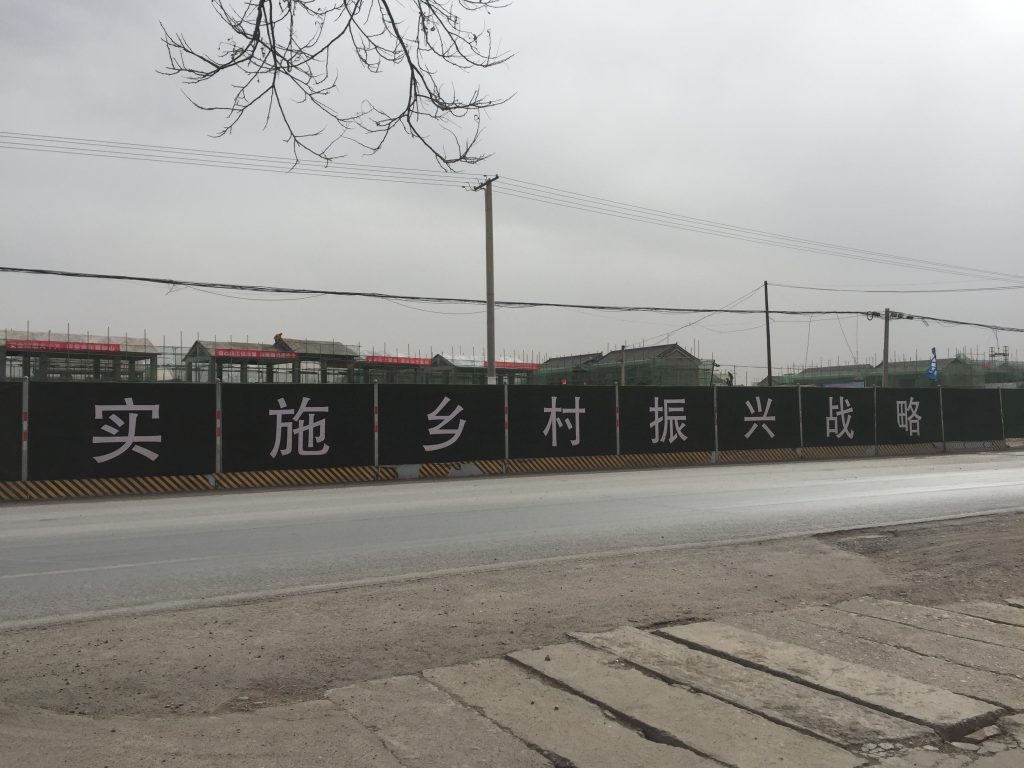
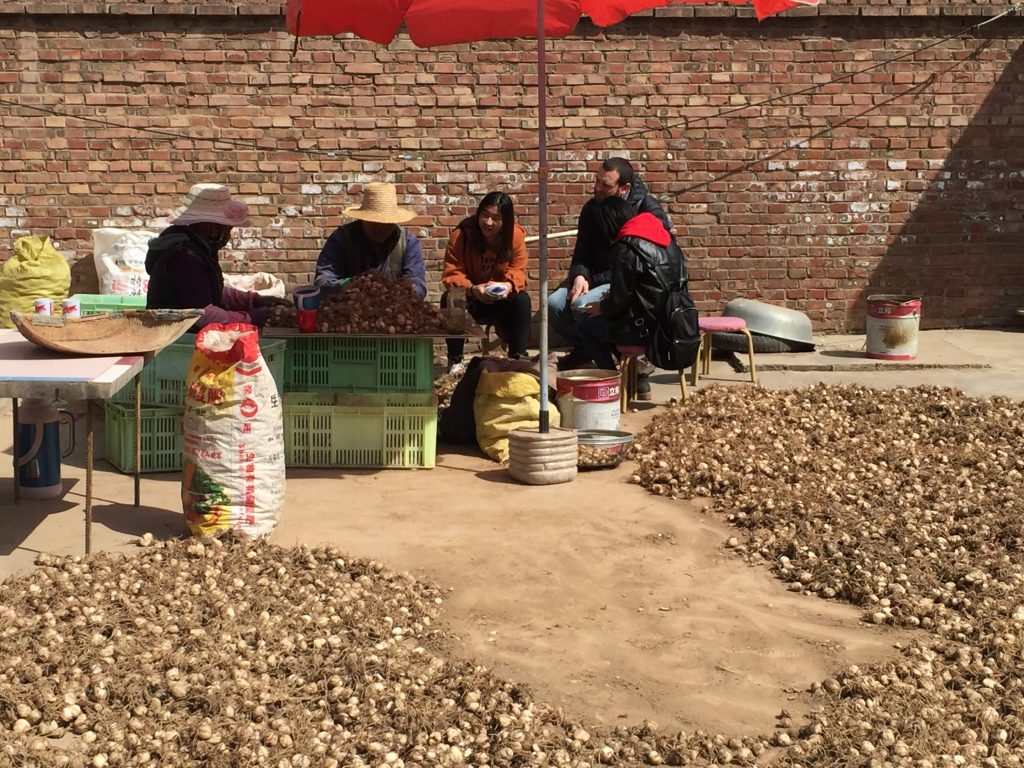
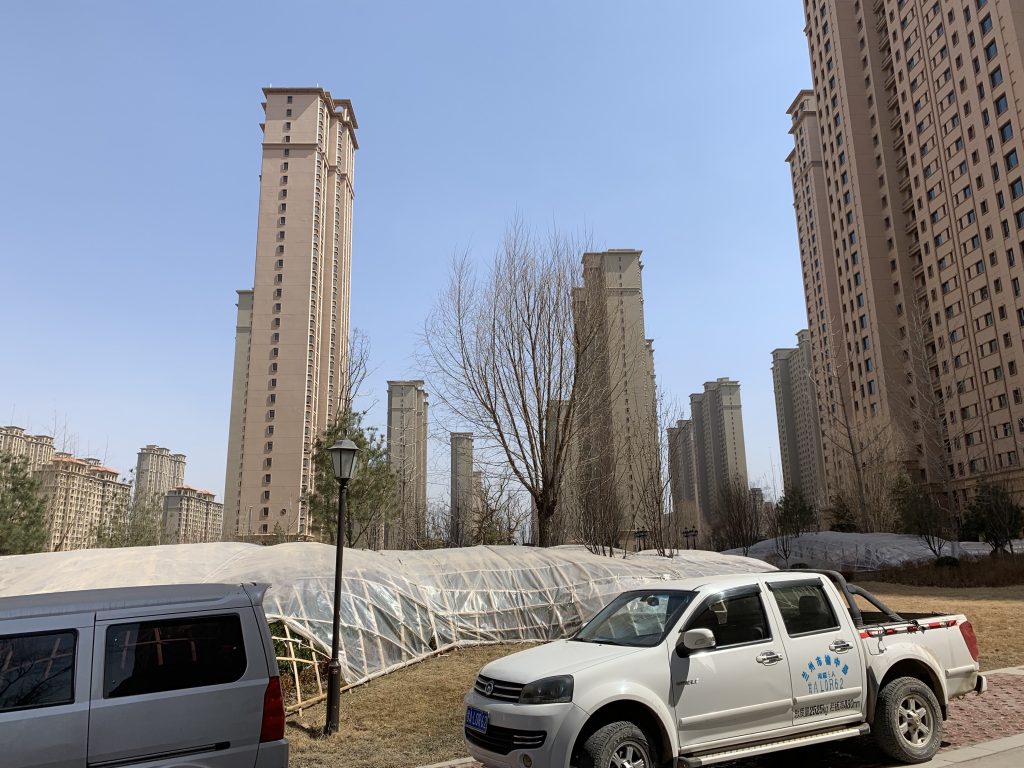
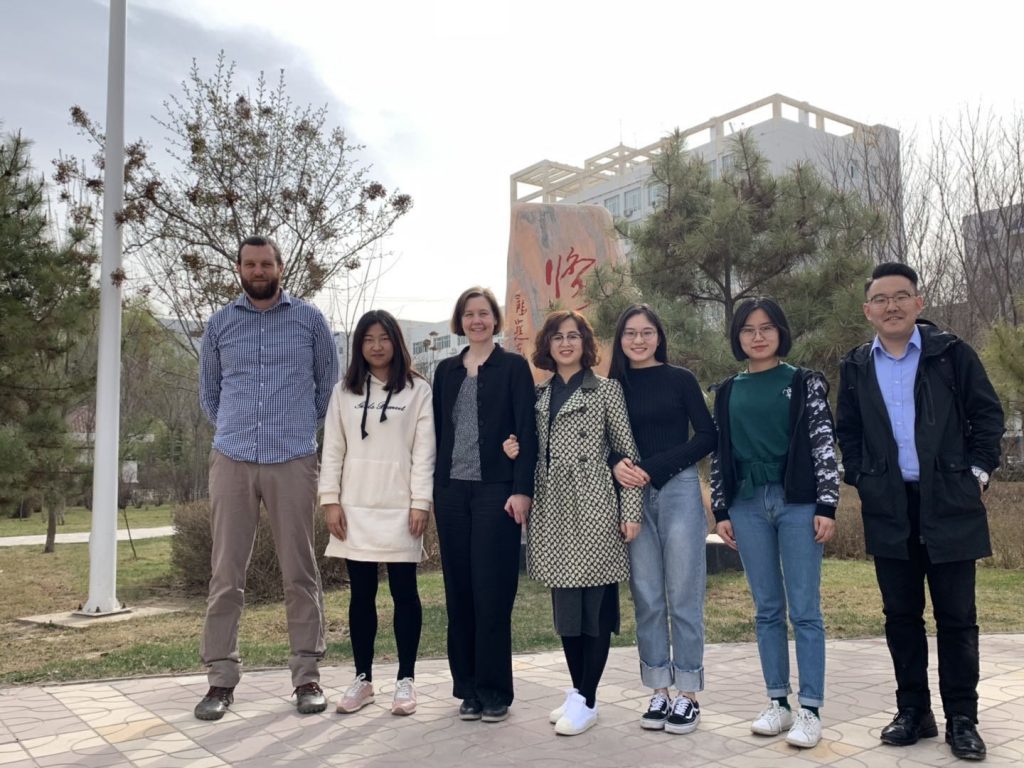
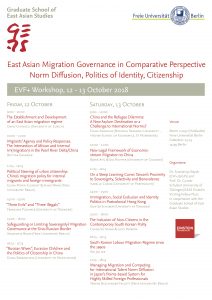
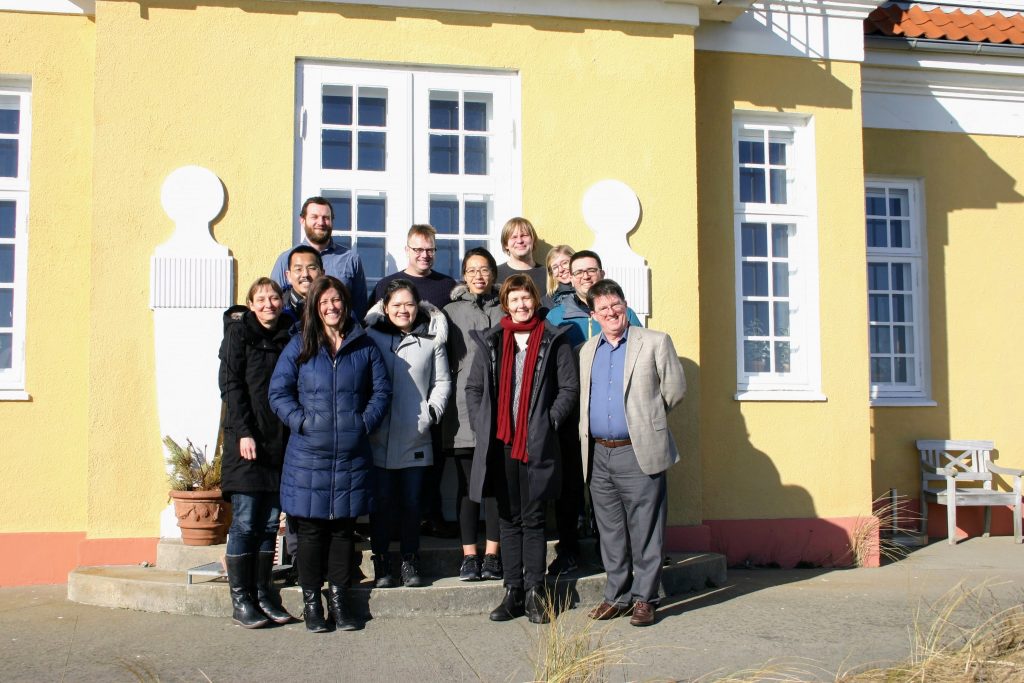
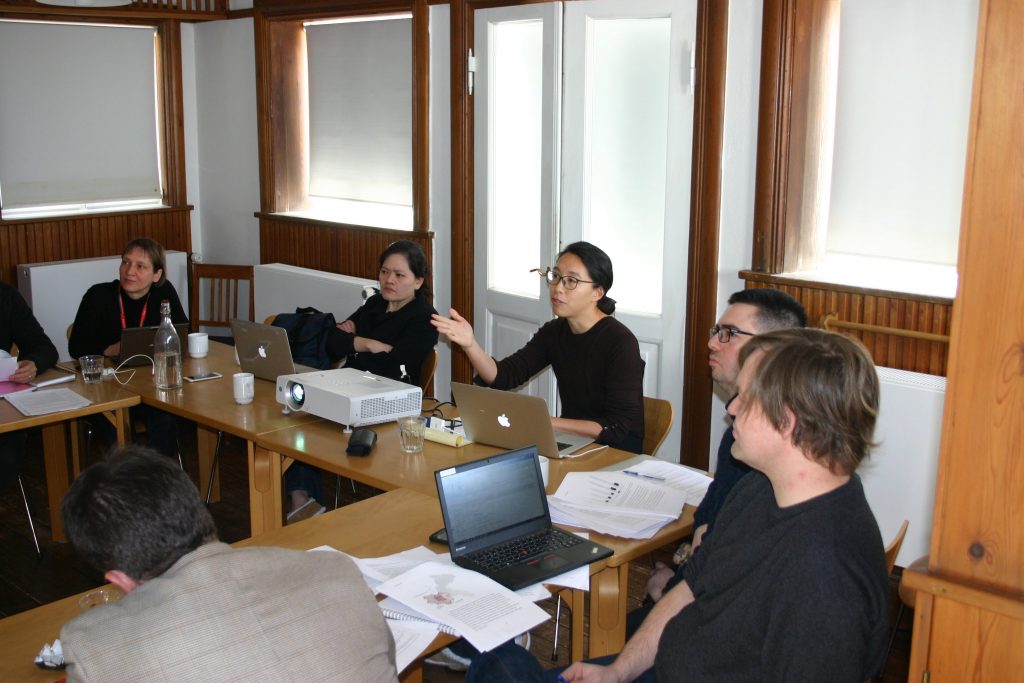 (Photo credits: René Trappel)
(Photo credits: René Trappel)